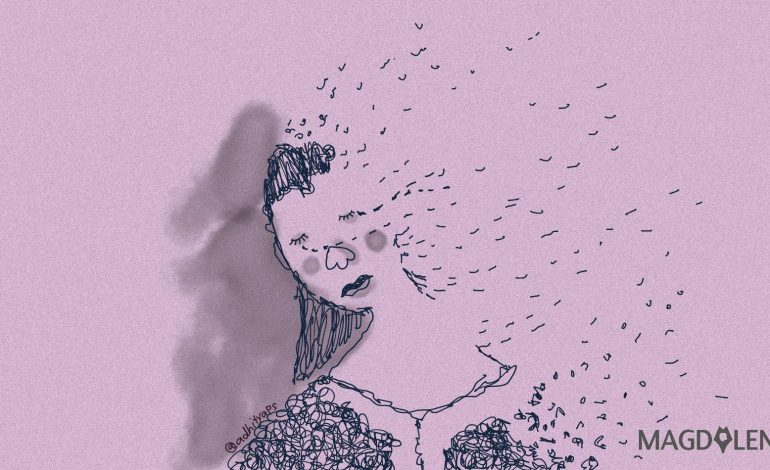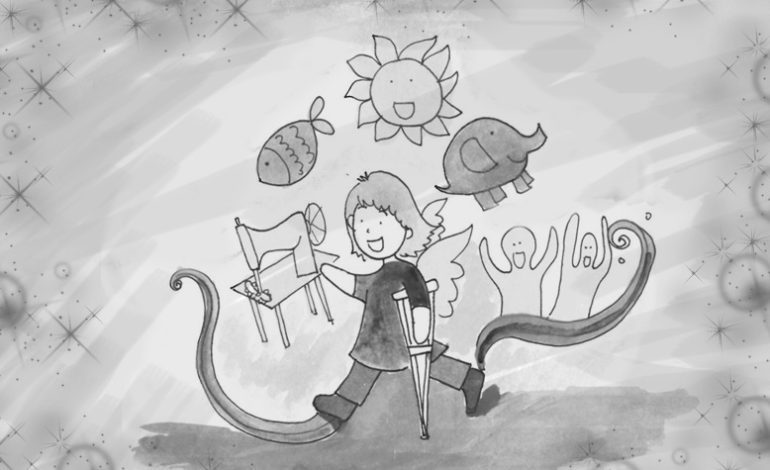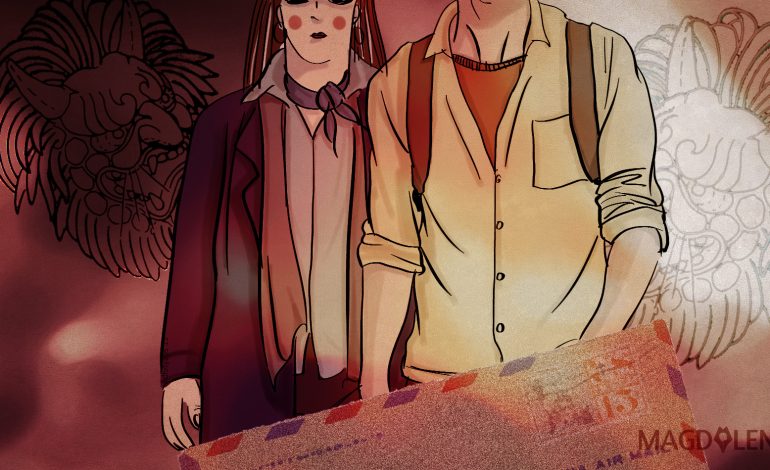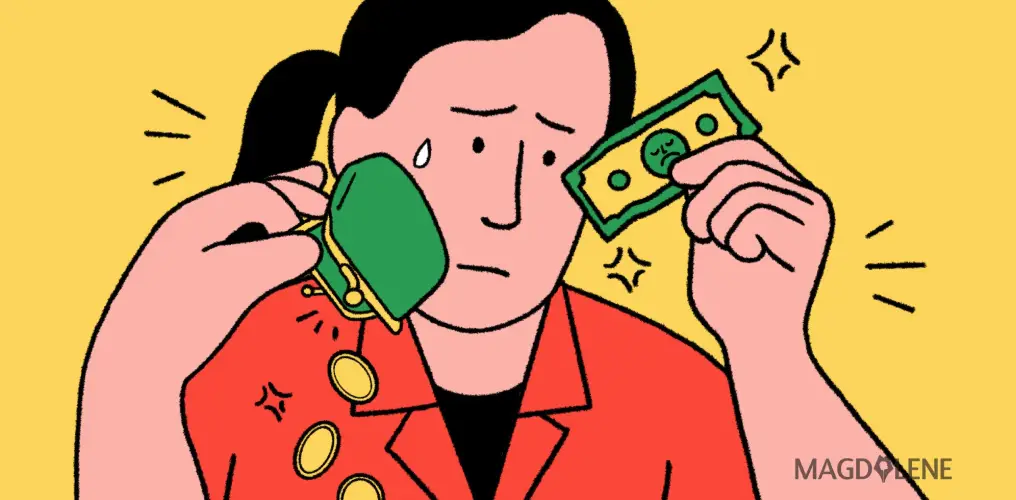Legal Support Needed for Women with Disabilities in Sexual Violence Cases

Women with disabilities are among the most vulnerable to sexual violence in Indonesia, but most cases of assaults have gone unpunished, many even unreported, because of the lack of legal support for the victims. The rare cases that do go to court normally take a long time to process and the verdicts do not do justice to the victims.
“Most victims with disabilities do not report their assaults due to a lack of adequate facilities and knowledge,” said Eko Riyadi from the Center for Human Rights at the Islamic University of Indonesia during a public discussion on sexual violence against people with disabilities in Jakarta recently. “The legal system does not take side with people with disabilities. When they report a case, the process takes a long time and cost a lot.”
A 2014 study conducted by Sasana Integrasi dan Advokasi Difabel (SIGAB), an advocacy group for the disabled, found that legal procedures remain a barrier. From examination, prosecution, to the trial, the victim’s lack of knowledge and inadequate support system often leave them powerless. Even the simplest aspects like infrastructure can be a barrier for victims with disabilities from pursuing justice. Buildings that lack rams often discourage them from reporting their cases. Stereotypes of people with disabilities also perpetuate the perception that they are incapable of giving testimony.
In their families, women with disabilities are often treated as a disgrace, hidden from view and not given access to education. Already subjected to social exclusion in the family and in their communities, many women with disabilities often end up in helpless position as victims.
The Indonesian Judicial Monitoring Society (MaPPI) of the University of Indonesia’s Faculty of Law has looked into 22 court decisions made in 2011-2015 in cases involving women victims with disabilities.
“In the hearing, the victims were typically not accompanied by an assistance like an interpreter or legal advisor, and 82 percent did not present expert witnesses, so the verdict was still far from justice for the victims,” said Dio Ashar Wicaksana, MaPPI Researcher in the same discussion.
Dio said that most perpetrators of sexual violence are people close to the victim, half of them closely related, such as stepparents, half-siblings, and uncle.
“The average verdicts for sexual offenders against disabled victims is four years, the highest sentence 11 years,” Dio said.
Indonesia has actually passed a law on disability last year, but the law is still largely unenforced, pending the issuance of the Government Regulations to implement the law.
MaPPI, PSHK, and civil society organizations engaged in women’s advocacy have urged the government to speed up the issuance of the regulation.

“Article 152 of the Disability Law mandates the government to draft implementing regulations on 15 sectors involving relevant ministries. One of the sectors is accessibility in the criminal justice system,” said Fajri Nursyamsi, a researcher for the Center for Law and Policy Studies.
Chair of the Tangerang District Court, Nirwana, acknowledged that although the Supreme Court had done its best in trying cases involving victims with disabilities, including issuing guideline in trying women in the court of law, a lot remained to be done when it comes to supporting the victims.
“There are still many cases in which the people with disabilities are not accompanied by translators, usually because of limited budget,” she said.
Read about the challenges of working mom here and follow @bunnnicula on Twitter.






















